Navigating the legal process of child custody can be overwhelming, especially when you’re not sure what to expect. Understanding your rights and responsibilities, and being fully prepared with the necessary documents, can help you secure the best outcome for your child.
At OC Paralegal Services, I’m committed to helping you through every step of this journey. In this blog post, I’ll explain what you need to know about child custody in California and provide practical tips for gathering the right documents to support your case.
Understanding Your Rights and Responsibilities in Child Custody Cases
In California, child custody decisions are made based on the best interests of the child. This means the court will consider various factors, such as the child’s stability, the relationship with each parent, and the ability of each parent to provide for the child’s needs. As a parent, it’s essential to understand your rights and responsibilities in this process:
- Legal Custody: Refers to the right to make important decisions about your child’s life, such as education, health care, and religious upbringing. Legal custody can be joint (shared by both parents) or sole (given to one parent).
- Physical Custody: Refers to where the child lives. This can also be joint (the child lives with both parents) or sole (the child lives primarily with one parent).
- Visitation Rights: If one parent has sole physical custody, the other parent usually has visitation rights, allowing them to spend time with the child. The court may set a schedule or allow parents to create one that works for them.
Knowing what you can request and understanding what the court will prioritize—such as maintaining consistency in your child’s life—will help you navigate this process with confidence.

Essential Documents to Gather for Your Child Custody Case
One of the most critical steps in preparing for your child custody case is gathering the right documents. These documents will provide the court with a clear view of your child’s life, your involvement as a parent, and the stability you provide. Below is a checklist of key documents that can help strengthen your case:
- School Records
These documents are crucial in demonstrating your child’s stability and progress. Include report cards, attendance records, teacher notes, and any special recognitions or awards your child has received. Regular school attendance and involvement can show that your child is thriving under your care. - Medical Records
A full record of your child’s medical history is important, including doctor visits, immunizations, and any treatments for medical conditions. If you’ve been actively managing your child’s healthcare, this will highlight your role in ensuring their well-being. - Proof of Stable Home Environment
Providing evidence of a stable home environment is key. Collect documents such as your lease or mortgage agreement, utility bills, and even photos of your child’s living space. These documents show that you can provide a safe and nurturing home. - Visitation Logs or Parenting Time Records
If you’ve been sharing custody or following a visitation schedule, it’s essential to keep a detailed record of your time with your child. This log will provide the court with insight into your consistent involvement in your child’s life, whether you’ve been co-parenting or following a set visitation schedule. - Extracurricular Activity Records
Is your child involved in sports, music, or other activities? Make sure to collect records of these activities, such as schedules, attendance, and your involvement (e.g., attending games or practices). This shows your active support for your child’s development beyond the classroom. - Communication Records
If you and your co-parent communicate regarding your child’s well-being, save any relevant emails, text messages, or written correspondence. These communications can show how effectively you work together to make decisions in the best interest of your child or document any difficulties in communication. - Witness Statements or Letters of Support
Reach out to people who interact regularly with your child—teachers, coaches, daycare providers, or even family members. Ask them to provide written statements about your involvement in your child’s life. These character references can be a powerful tool to showcase your role as a committed and caring parent. - Evidence of Parental Involvement
Provide documentation that highlights your direct involvement in significant areas of your child’s life, such as attending parent-teacher conferences, doctor appointments, or other major milestones. This evidence will show the court that you are actively participating in your child’s upbringing.

Why Being Prepared Matters
When it comes to child custody cases, being thoroughly prepared with the right documentation can significantly impact the court’s decision. By demonstrating that you understand your rights and responsibilities, and by providing clear evidence of your commitment to your child’s well-being, you strengthen your case for custody or visitation rights.
The process may feel overwhelming, but you don’t have to go through it alone. At OC Paralegal Services, I’m here to assist you every step of the way, ensuring your documents are organized and complete, so you can focus on what’s most important—your child’s future.
Need Help? Contact OC Paralegal Services Today
If you’re preparing for a child custody case and need assistance with the legal documents, reach out to OC Paralegal Services. I’ll help you gather the necessary records and prepare your case with care and professionalism.
You don’t have to face this alone—let me help you through the process. Call us today!




